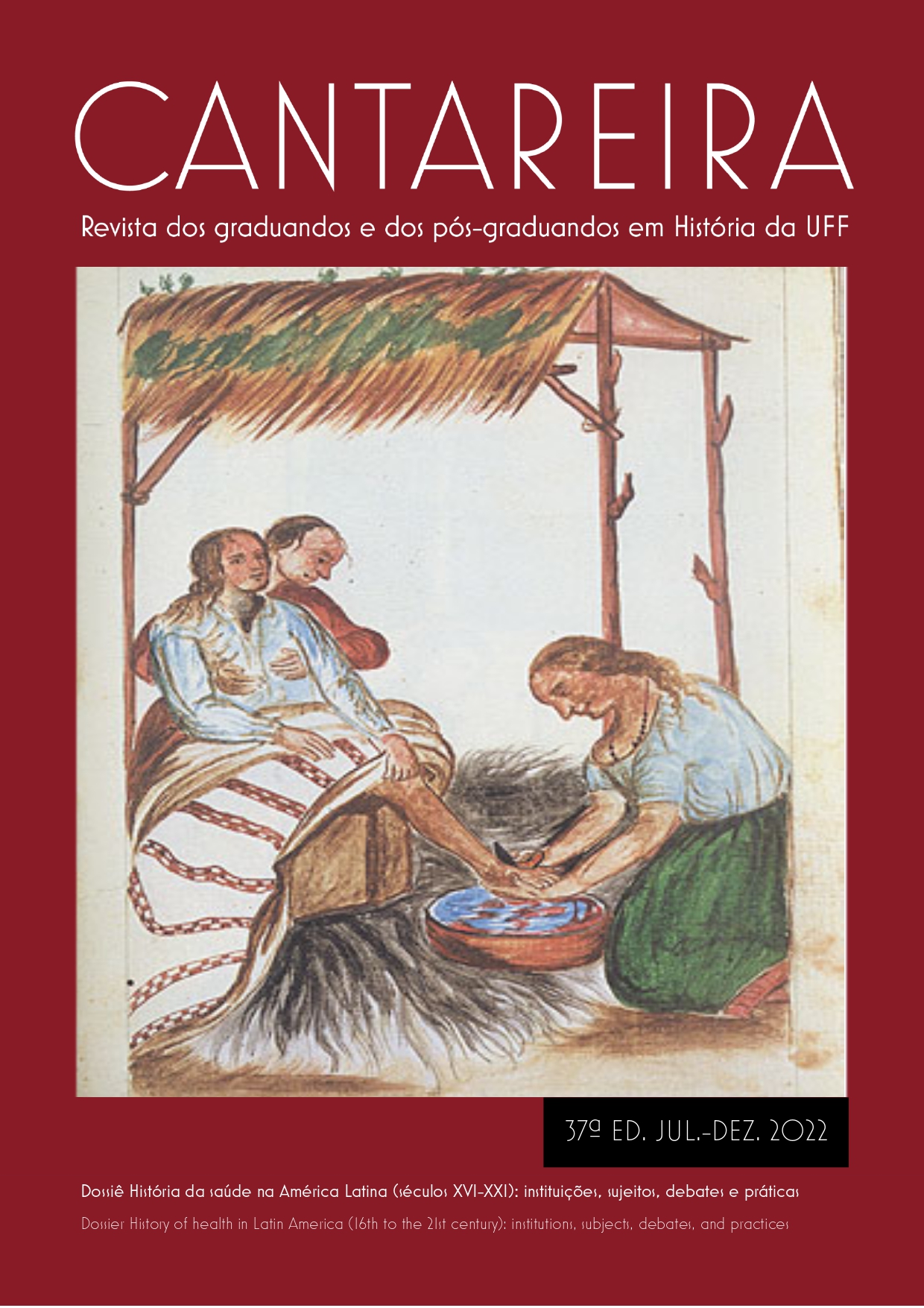No. 37 (2022): History of health in Latin America (16th to the 21st century): institutions, subjects, debates and practices

In recent years, research around Health History has experienced important epistemological renovations, such as the inclusion of new objects of study. Likewise, the contours of the notion of science have expanded, allowing the consideration of certain practices, knowledge and institutions related to health, which were previously rejected as belonging to the discipline. Regarding the Latin American continent, we observe that its local/regional specificities, as well as its connections with global debates, have been explored by historians. Among the most contemplated themes, we can highlight the recognition of indigenous knowledge for the treatment of body and soul ailments, performance of unlicensed medical practices in the colonial period, assistance institutions of the modern era, production of scientific knowledge in the region and its connections with the global scientific community, and health policies of international cooperation.
In this dossier, the authors were invited to submit proposals for articles referring to health issues in Latin America from a historical perspective. Considering the breadth of the theme, the objective was to gather research by students that explored the relationships between health and its social, economic, and political dimensions in the region in any context. The selection of texts published here allows us to affirm the growing interest of undergraduate and graduate students in topics in the area. We attribute this trend to the consolidation experienced in recent decades by the study area and to the pandemic episode that has been experienced since 2020 by the global community, which reinforced the idea of disease as a historical event of individual and collective scale.








